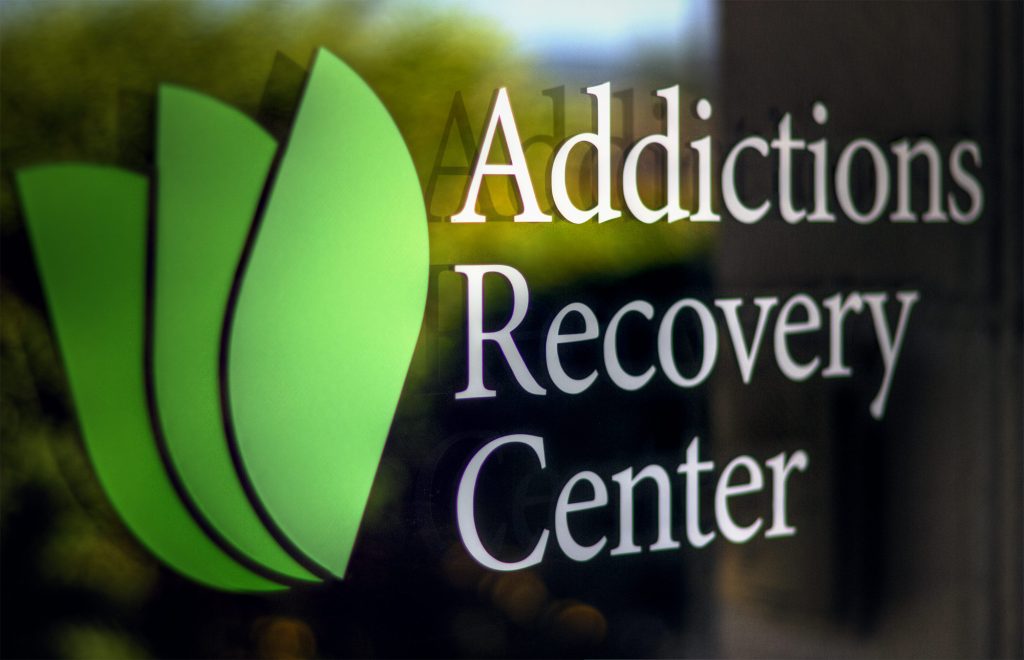
Addressing the root causes of addiction with Recovery Centers
Recovery centers provide both short-term and long-term treatment programs for addiction. Short-term programs offer a safe and secure environment where patients can focus on recovering from addiction while remaining in their home. Long-term programs provide ongoing support after discharge. Both types of treatment offer different advantages. Long-term recovery centers focus on addressing the root causes of addiction.
Inpatient recovery centers focus on therapy and daily routines. Individuals are encouraged to build relationships with peers and work toward a healthy work-life balance. They learn how to manage stress and avoid trigger situations. They also learn how to cope with their day-to-day struggles. Ultimately, the recovery process can begin to become more manageable.
Individual therapy is crucial for successful substance abuse treatment. It helps individuals address the root causes of addiction and other problems related to family, social, and school life. The treatment process will be much more successful if the patient receives the support of peers and professionals who understand the struggles associated with addiction. In addition, the treatment team will help patients establish connections that can lead to employment or stable housing.
Recovery Centers also provide community-based support and education to the local community. They can provide access to addiction medication and assessment. They can also help people find other resources, including 12-step groups and community awareness events. They also provide access to Peer Engagement Specialists and Family Support Navigators, who work with individuals and families to build their skills and achieve their recovery goals.
Inpatient rehab provides supervised care from trained medical personnel around the clock. This type of program is especially effective for severe addictions, and can help individuals avoid relapse and maintain a productive life after treatment. During the recovery process, people are exposed to a variety of health problems that can interfere with their ability to function normally. Withdrawal symptoms can be dangerous, and the stress placed on their bodies can aggravate other illnesses.
Recovery centers can help individuals who are struggling with addiction by teaching them self-care techniques and identifying underlying issues. The rehab environment is a supportive and healing place that helps individuals overcome addiction. They learn new habits and avoid triggering environments. They also teach participants how to cope with stress and develop new coping skills that will ensure success in life after treatment.
Addiction is a mental illness that affects the entire body. Addiction treatment includes psychotherapy that can help individuals understand the triggers that led them to use substances. Therapy also helps them develop healthy coping mechanisms to deal with the negative effects of their addictive behaviors. This therapy can help individuals regain a sense of confidence and replace destructive habits with healthier ones.
Peer support is essential in recovery. A support system of peers will provide a sense of accountability and encourage them to stay strong. Having a sponsor will encourage an addict to stay focused and motivated during the tough times. The sponsor can also be a person who understands the challenges associated with addiction and can relate with their experiences.
How to Find Recovery Centers Near Me
There are many options available for those seeking treatment for substance abuse. There are inpatient and outpatient programs available. Depending on the type of treatment needed, inpatient rehabs can last for 28 days or more, while outpatient programs last for a shorter time period. Inpatient rehabs are typically more expensive than their outpatient counterparts, and their focus is on medical treatment and support.
To find a good inpatient or outpatient treatment program, look for high-quality staff members who are trained in addiction treatment. The staff should be highly specialized, with medical doctors, substance abuse counselors, nurses, and support staff. High-quality rehabs also offer specialized programs for women and men, and should be able to accommodate your unique schedule. In addition, look for a facility that offers flexible payment options and is accredited.
Depending on the type of insurance you have, you may not be able to afford a private rehab, so the best option for you may be to find a government-funded rehab center. The state’s agency will be able to guide you through the process of applying and receiving care. The recovery centers that accept Medicaid can provide you with comprehensive care that includes counseling and therapy.
To choose a treatment center that is close to your home, you can search online or speak with a trusted health care professional. Many facilities list their phone numbers and websites so you can easily contact them with questions. You should also ask if they offer any programs near you. Regardless of whether you need treatment for a substance abuse problem, it is critical to seek help early.
Finding a treatment facility that suits your needs and budget is important, but don’t forget to read reviews of past clients to determine if they are worth the expense. You should also be sure to contact the facility’s customer service department to inquire about financial assistance options. The staff will be happy to answer any questions you have about their services.
If you’re seeking treatment for an addiction, it’s crucial to find a treatment center that addresses the underlying problem and the underlying psychological issues. While addiction is always a major hurdle, treatment at a mental health facility can help you start a journey toward a permanent recovery. Some treatment facilities even offer specialized programs for patients with co-occurring disorders, which means they treat a substance abuse disorder alongside a mental health disorder.
Free treatment programs are available for people without health insurance. There are non-profit programs and faith-based rehabs that offer drug rehab at no cost to the patient. These programs are typically offered at non-profit and government-funded facilities. In some cases, a facility may even offer payment assistance for individuals with financial needs. However, most of these programs have strict eligibility requirements. To be accepted, you must be a US citizen, have sufficient income, and reside in the state where the program is being conducted.
The best treatment centers will offer personalized care and a compassionate ethos. These facilities should cater to the needs of each individual patient and be staffed by a caring clinician. They should also respect personal choices and sexual orientation while designing effective treatment programs. Additionally, they should allow for the patient to maintain social networks as part of the rehab process.


























